Modern & Contemporary: March 09
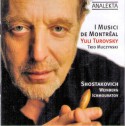 |
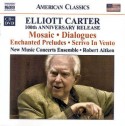 |
Click above Thumbnails to jump to review below.
 |
 |
Click above Thumbnails to jump to review below.
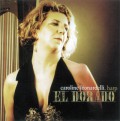 |
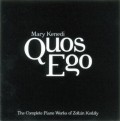 |
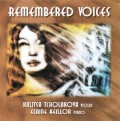 |
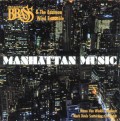 |
Click above thumbnails to jump to reviews below.
|
Caroline Leonardelli Centaur Classics CEN1021 Ottawa-based harpist Caroline Léonardelli’s fourth album to date offers an enticing mix of old and new: a program of beloved French standards by Debussy, Tournier and Damase book-ended by compositions by Canada’s leading composer for the harp. Devising convincing music for the so-called “naked piano” involves technical and conceptual challenges exasperating enough to discourage many a composer. Marjan Mozetich, however, composes in a style ideally suited for the instrument and has contributed greatly to its repertoire. His El Dorado was commissioned in 1981 for harpist Erica Goodman by Toronto’s New Music Concerts and was followed by several further works for the instrument. There is a pronounced minimalist influence detectable in the evocative oscillations of Mozetich’s early works which have since given way to a more supple and idyllic approach. Originally scored with string orchestra and formerly available on a now deleted CBC recording of the premiere performance, El Dorado is admirably revived here in a budget-conscious arrangement featuring the Penderecki String Quartet and double bassist Joel Quarrington. The album also features the third (!) recording of Mozetich’s 1988 cycle of four solo pieces, Song of Nymphs, in an exceptionally scintillating performance. Among the French solo pieces placed between these Canadian works Marcel Tournier’s Féerie stands out for its rhapsodic and dramatic sweep, a welcome antidote to the comparative bucolic placidity of its neighbours. The recording boasts outstanding sound engineered by celebrity tonmeister Anton Kwiatkowski. Daniel Foley |
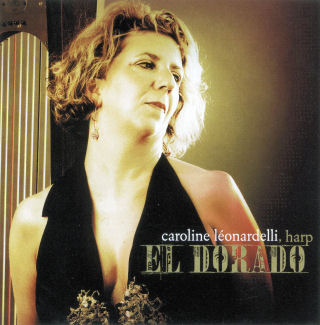 |
|
Ralitsa Tcholakova; Elaine Keillor Carleton Sound CSCD-1012 As a violin and piano recording, this one is immediately evident as being at the top of the genre. Performers are first rate, and playing with a passion. Audio production is unusually well done, with none of the bizarre qualities one finds so often nowadays, either of the violinist sounding as if she is larger than the accompanist, or the listener being right inside the piano. Excellent choices were made for the music on this CD, with special emphasis on Bulgarian iconic figure Pantcho Vladiguerov, who is represented by the Chant from his larger Bulgarian Suite, the widely-known Rhapsody Vardar, a Humoreske, plus an encore arrangement of Dinicu’s Hora Staccato. Tcholakova and Keillor show an admirable commitment to Canadian repertoire, beginning with Gena Branscombe’s unjustly neglected A minor Sonata, well represented in this performance. Violet Archer’s Fantasy and Prelude and the Prelude and Allegro are equally well served. But the best is saved for last: we get to hear the violin version of the late Patrick Cardy’s Liessel, Suse, Ilze, and Gerda, and Mary Gardiner’s monumental Remembered Voices, here finally blossoming in a hall vastly superior to the Heliconian Club. The Glenn Gould Studio’s hand-picked Steinway is on its best behaviour. No fewer than three sound engineers did the microphone wizardry. All photos are posed, with none showing the actual recording sessions. An excellent CD. John S. Gray |
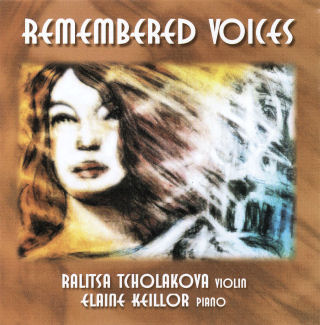 |
a